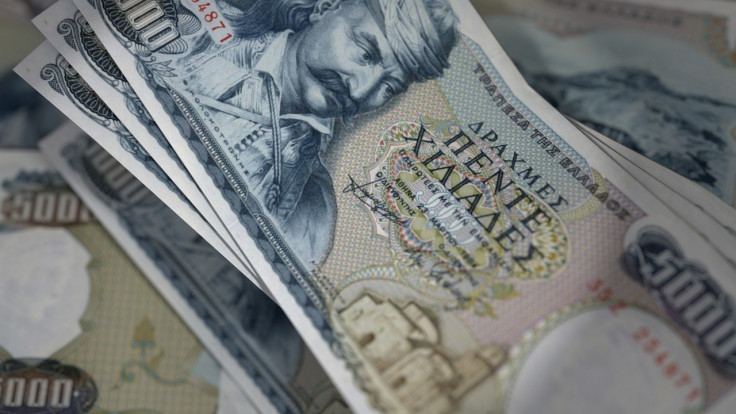The Great Comeback Of The Greek Economy

Ten years ago, the Greek economy was in a depression, driven by a debt crisis and political instability forcing the country out of the international capital markets. Treasury bond yields skyrocketed, unemployment soared and asset prices plunged.
Greece stood out as a negative exception within the eurozone, posing a threat to the euro's stability and cohesion of the European Union.
Today, the Greek economy has rebounded to a new normal, contributing to the European stability. The country is witnessing healthy Gross Domestic Product (GDP) growth, while the Debt to GDP ratio is declining.
Treasury bond yields are back to the low single digits in a stable political environment that has allowed the country to return to international capital markets.
In addition, the asset prices are on the rise again, restoring the confidence of both Greek and foreign investors who have lost wealth in the past decade.
For instance, house prices in Athens, the capital of Greece, rose 14.05% year-over-year in the second quarter of 2023 — the eighth consecutive quarter of double-digit growth.
The primary catalyst for the impressive resurgence of the Greek economy, as stated by Kostis Hatzidakis, Minister of Economy and Finance, was a "revolution of common sense," which transformed the attitudes of Greek people towards investments and work.
"Greece has learned a hard lesson about common sense when it applies to the economy," he said in a keynote address to the 25th Annual Capital Link Invest in Greece Forum held in NYC last Monday.
"You cannot have investment without investors and employees without employers," he added.
This change in the country's economic mindset is reflected in a wave of reforms by the ruling party of the New Democracy in the last five years. They have sought to create a business/investing-friendly regime and make the Greek economy more productive, competitive and dynamic.
For instance, Greece has launched several reforms such as digitizing government services that eased and expedited how Greek citizens deal with government agencies and do business.
"For the first time, we have the right policy mix. We have political stability, which is a critical factor for foreign investment," Hatzidakis stated.
The change in the Greek people's economic mindset and the rise of political stability stemmed not only from the policy reforms of the New Democracy party but also from the country's robust democratic system, which makes things worse before it makes them better.
Democracy allowed the interchange of political leadership across the entire political spectrum, including the far left-wing parties. For decades, these parties had the power, ruling the streets and challenging almost every legislation produced by right-wing parties, which had the authority.
The interchange in political leadership allowed the Greek people to test different economic models, including the failed socialist systems pursued by left-wing political coalitions, before they devised a financial system based on "common sense."
Economic stability and policy reforms have prompted companies that exited the country during the debt crisis to resume their operations. Furthermore, these measures have also attracted numerous high-profile investments.
For instance, in the energy sector, Greece has become a hub for the Balkan area, by easing the barriers to investing in solar panels.
Then there's the IT sector, with Cisco's digitization program launching in 2021, and the fast-track approval of Microsoft's data center.
Meanwhile, Greece has reduced government debt and brought down inflation and unemployment.
As a result of the broad economic progress, rating agencies have upgraded the country's debt.
In April 2023, S&P raised Greece's debt grade to "BB+" from "BB" a year ago, with Fitch following suit a couple of weeks ago.
These upgrades paved the way for subsequent upgrades, thus boosting the confidence on the country's economy and lowering its borrowing cost in international capital markets.
The benchmark 10-year Greek Treasury bond is already trading with a yield of 3.40%, down from 15.5% in 2015 to 35.5% in 2012.
Equity markets have taken notice. In the last five years, the Global X FTSE Greece 20 ETF is up 63%, compared to 23.68% of the DAX Global X fund. In addition, the Greek country fund was among the top-performing country funds for 2023.
"Once again, Greece is an exception," Hatzidakis concluded. "But a positive one."
© Copyright IBTimes 2025. All rights reserved.






















